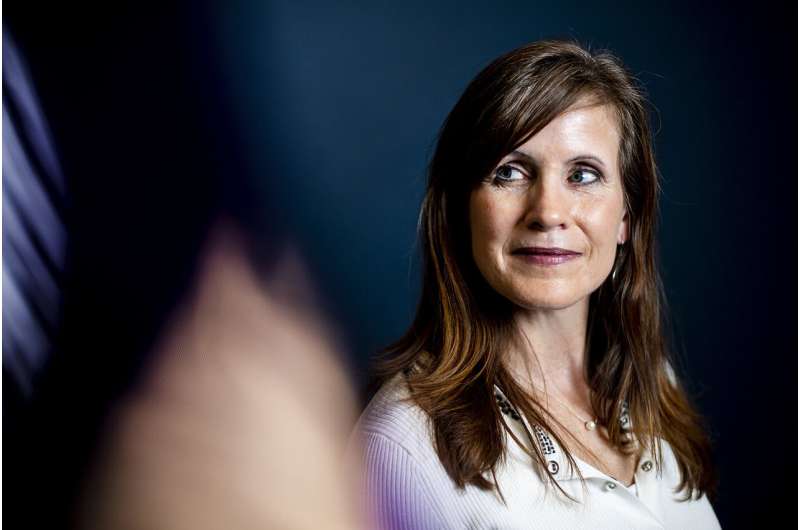Is there implicit gender bias in the field of economics?

In the field of economics, seminars serve as the platform through which researchers disseminate new work, practitioners test out new theories, and young people network and find jobs. But, new research from Northeastern shows that men and women are treated very differently at such seminars.
Researchers, including Northeastern associate professor Alicia Sasser Modestino, found that on average, women are asked between three and four more questions during presentations than their male counterparts, and are more likely to receive suggestions and clarifying questions, as well as hostile questions.
"It's no secret that economics has a really aggressive seminar culture, but we do see stark differences." says Modestino, who is an associate professor of public policy and urban affairs and economics, and associate director of the Dukakis Center for Urban and Regional Policy at Northeastern.
"At last year's American Economic Association meeting, Janet Yellen, the former chair of the Federal Reserve, noted that oftentimes women will get questioned on the first slide from someone who says, "That is outright wrong." Whereas if it's a man presenting, they'll say, "Well, that's an interesting way of looking at things,'" Modestino says.
The study is the first systematic analysis of the culture of economic seminars, according to the researchers, who also represent Stanford University and the University of Michigan. Modestino and her colleagues presented their findings at this year's American Economic Association meeting.
The researchers collected data from 467 seminars with 342 presenters. Of those, 118 were women, and 224 were men. They enlisted a group of 93 graduate students from more than 30 colleges and universities to track the number and quality of questions each presenter received.
The graduate students, known as the "Seminar Dynamics Collective" to protect their identities, used an online platform developed by the researchers to map the seminars in real-time. They collected quantitative data such as the start and end time of each interaction, the number of interactions, and who asked the question; as well as qualitative data such as the type of question and its tone.
Stark differences emerged from the data.
The researchers found that roughly one in 20 talks had a particularly disruptive audience member and one in 10 had two disruptive audience members. Those disruptors were "mostly male," according to the study.
They also found that men asked four times as many questions as women during seminars, and that presenters who were women received 12 percent more questions than presenters who were men.
While men and women spent roughly the same amount of time responding to questions during their presentations, the researchers note that more questions can throw off the flow of a presentation, or interrupt the particular argument that's being made.
"For a single seminar, the difference might not sound overly large, but if you get interrupted 12 percent more every time you present over the course of your career, that certainly could have an effect," Modestino says. "The cumulative effect of these disadvantages could be particularly damaging to a woman's career."
A woman who has had "particularly demoralizing" experiences at seminars, or on whom the cumulative effect of repeated, hostile questioning has been especially demanding, may simply choose not to attend economic seminars, or may leave the field altogether, Modestino says.
She is concerned about the brainpower that's being lost to other disciplines if women are discouraged from entering economics, noting that women tend to focus on areas such as education and healthcare, while men tend to focus on finance and macroeconomics.
"We're missing out on expanding the breadth of our research and influencing policy that really matters for people's lives," Modestino says.
Modestino and her colleagues plan to continue studying such long-term implications, but hope that this first step—collecting hard data that illustrates the differences in how women and men are treated in the field—will be the start of a "culture-shift," she says.
"These findings speak to the implicit bias that's in the profession," Modestino says. "There is definitely a #MeToo movement in economics seminars."
Provided by Northeastern University




















